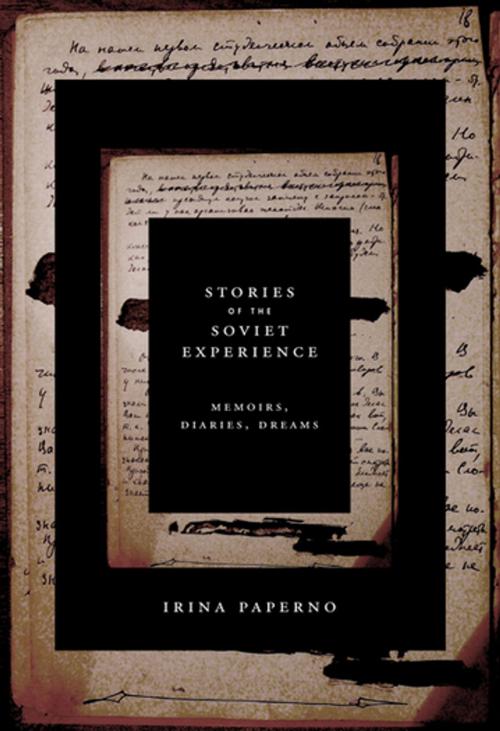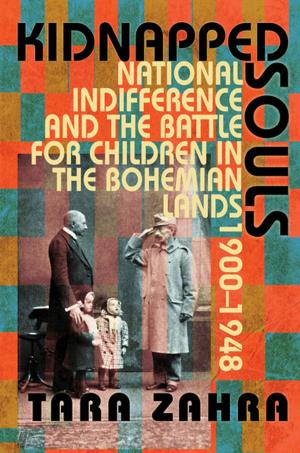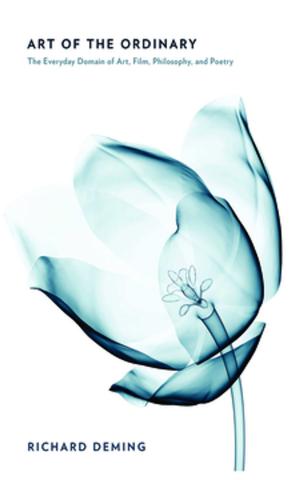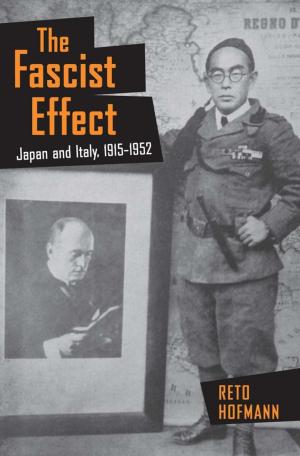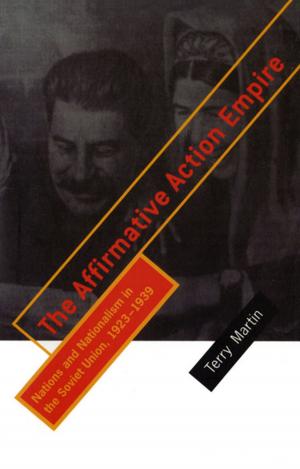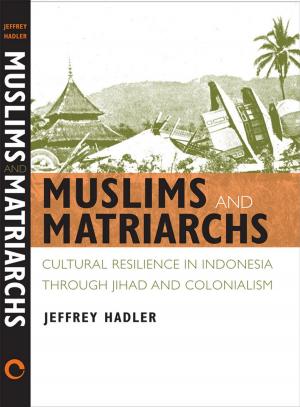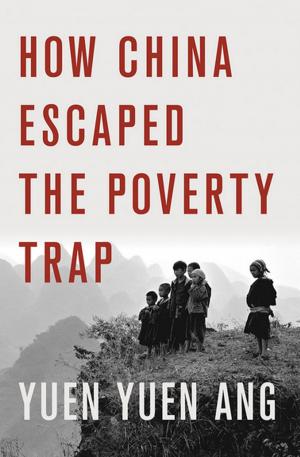| Author: | Irina Paperno | ISBN: | 9780801457876 |
| Publisher: | Cornell University Press | Publication: | December 15, 2009 |
| Imprint: | Cornell University Press | Language: | English |
| Author: | Irina Paperno |
| ISBN: | 9780801457876 |
| Publisher: | Cornell University Press |
| Publication: | December 15, 2009 |
| Imprint: | Cornell University Press |
| Language: | English |
Beginning with glasnost in the late 1980s and continuing into the present, scores of personal accounts of life under Soviet rule, written throughout its history, have been published in Russia, marking the end of an epoch. In a major new work on private life and personal writings, Irina Paperno explores this massive outpouring of human documents to uncover common themes, cultural trends, and literary forms. The book argues that, diverse as they are, these narratives—memoirs, diaries, notes, blogs—assert the historical significance of intimate lives shaped by catastrophic political forces, especially the Terror under Stalin and World War II. Moreover, these published personal documents create a community where those who lived through the Soviet era can gain access to the inner recesses of one another's lives. This community strives to forge a link to the tradition of Russia's nineteenth-century intelligentsia; thus the Russian "intelligentsia" emerges as an additional implicit subject of this book.
The book surveys hundreds of personal accounts and focuses on two in particular, chosen for their exceptional quality, scope, and emotional power. Notes about Anna Akhmatova is the diary Lidiia Chukovskaia, a professional editor, kept to document the day-to-day life of her friend, the great Russian poet Anna Akhmatova. Evgeniia Kiseleva, a barely literate former peasant, kept records in notebooks with the thought of crafting a movie script from the story of her life. The striking parallels and contrasts between these two documents demonstrate how the Soviet state and the idea of history shaped very different lives and very different life stories. The book also analyzes dreams (most of them terror dreams) recounted in the diaries and memoirs of authors ranging from a peasant to well-known writers, a Party leader, and Stalin himself. History, Paperno shows, invaded their dreams, too.
With a sure grasp of Russian cultural history, great sensitivity to the men and women who wrote, and a command of European and American scholarship on life writing, Paperno places diaries and memoirs of the Soviet experience in a rich historical and conceptual frame. An important and lasting contribution to the history of Russian culture at the end of an epoch, Stories of the Soviet Experience also illuminates the general logic and specific uses of personal narratives.
Beginning with glasnost in the late 1980s and continuing into the present, scores of personal accounts of life under Soviet rule, written throughout its history, have been published in Russia, marking the end of an epoch. In a major new work on private life and personal writings, Irina Paperno explores this massive outpouring of human documents to uncover common themes, cultural trends, and literary forms. The book argues that, diverse as they are, these narratives—memoirs, diaries, notes, blogs—assert the historical significance of intimate lives shaped by catastrophic political forces, especially the Terror under Stalin and World War II. Moreover, these published personal documents create a community where those who lived through the Soviet era can gain access to the inner recesses of one another's lives. This community strives to forge a link to the tradition of Russia's nineteenth-century intelligentsia; thus the Russian "intelligentsia" emerges as an additional implicit subject of this book.
The book surveys hundreds of personal accounts and focuses on two in particular, chosen for their exceptional quality, scope, and emotional power. Notes about Anna Akhmatova is the diary Lidiia Chukovskaia, a professional editor, kept to document the day-to-day life of her friend, the great Russian poet Anna Akhmatova. Evgeniia Kiseleva, a barely literate former peasant, kept records in notebooks with the thought of crafting a movie script from the story of her life. The striking parallels and contrasts between these two documents demonstrate how the Soviet state and the idea of history shaped very different lives and very different life stories. The book also analyzes dreams (most of them terror dreams) recounted in the diaries and memoirs of authors ranging from a peasant to well-known writers, a Party leader, and Stalin himself. History, Paperno shows, invaded their dreams, too.
With a sure grasp of Russian cultural history, great sensitivity to the men and women who wrote, and a command of European and American scholarship on life writing, Paperno places diaries and memoirs of the Soviet experience in a rich historical and conceptual frame. An important and lasting contribution to the history of Russian culture at the end of an epoch, Stories of the Soviet Experience also illuminates the general logic and specific uses of personal narratives.
